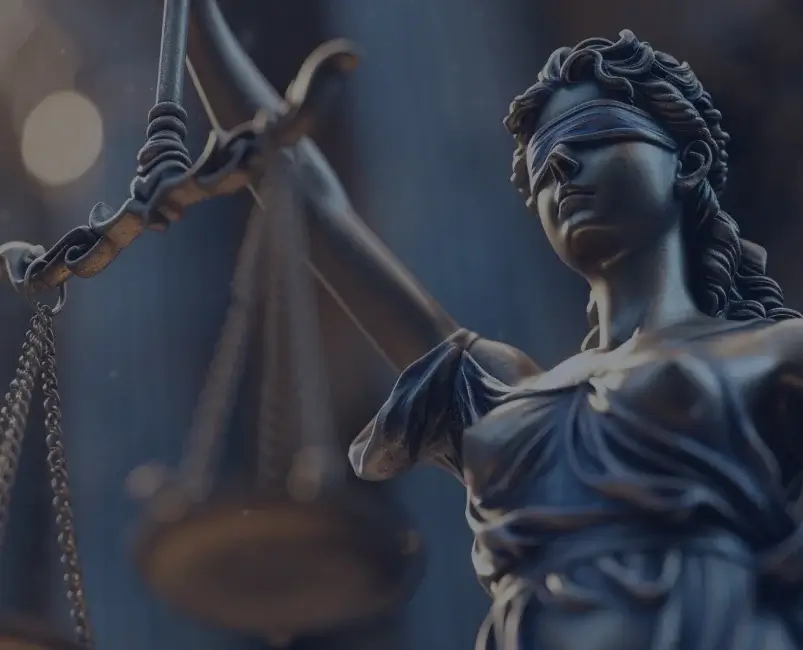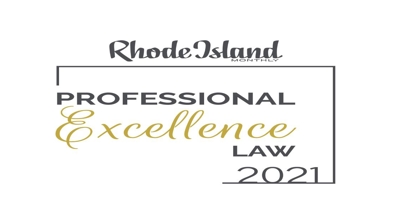Attorney Knight Recognized by Rhode Island Monthly as a Top Local Criminal Defense Lawyer
Attorney Jason Knight has been recognized for his legal prowess once more. Our firm is excited to announce that Attorney Knight has earned his third consecutive Professional Excellence Award from Rhode Island Monthly.
Rhode Island Monthly only recently introduced this annual feature. Since being recognized in their premier issue in 2019, Attorney Knight has retained the honor each year for his continued excellence in criminal defense.
The Professional Excellence Award recognizes leading attorneys in Rhode Island. Inclusion in the list is a prestigious honor – less than 5% of local lawyers earn a spot. Only those with stellar peer reviews and in good professional standing are considered, and from there, the list is edited even further based on the nominee’s reputation among other nearby attorneys.
All awardees were nominated for consideration by their peers. Rhode Island Monthly then relied on the help of DataJoe Research to conduct the survey and gather votes from licensed lawyers in the community. During this review process, individuals who were disciplined for any infraction by the state board were made ineligible for the award and thus disqualified from inclusion in the list. DataJoe Research then released their final findings and included our firm once more.
We’re humbled to have been recognized by Rhode Island Monthly again, and we’re eager to continue improving our work to provide our clients with effective legal representation for years to come.
Contact the Law Office of Jason Knight to discuss your case in a free initial consultation.



